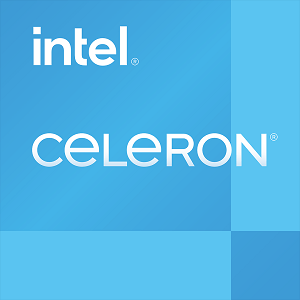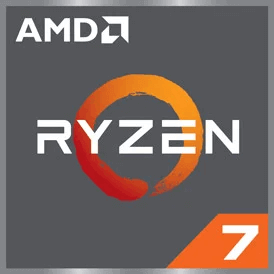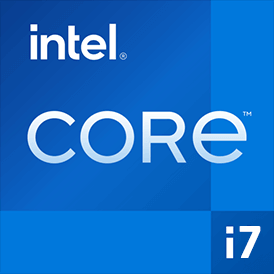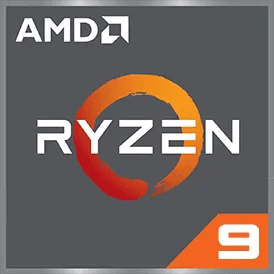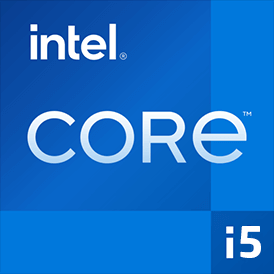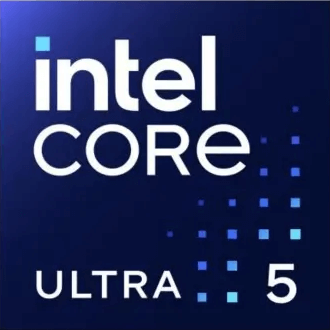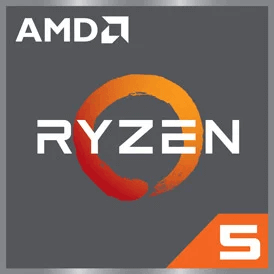Intel Celeron N3060 vs AMD Ryzen 7 7730U
We compared two laptop CPUs: Intel Celeron N3060 with 2 cores 1.6GHz and AMD Ryzen 7 7730U with 8 cores 2.0GHz . You will find out which processor performs better in benchmark tests, key specifications, power consumption and more.
Main Differences
Intel Celeron N3060 's Advantages
Lower TDP (6W vs 15W)
AMD Ryzen 7 7730U 's Advantages
Released 7 years and 4 months late
Higher specification of memory (4267 vs 1600)
Larger memory bandwidth (51.2GB/s vs 25.6GB/s)
Newer PCIe version (3.0 vs 2.0)
Higher base frequency (2.0GHz vs 1.6GHz)
Larger L3 cache size (16MB vs 2MB)
More modern manufacturing process (7nm vs 14nm)
Score
Benchmark
Geekbench 6 Single Core
Intel Celeron N3060
115
AMD Ryzen 7 7730U
+1542%
1889
Geekbench 6 Multi Core
Intel Celeron N3060
209
AMD Ryzen 7 7730U
+2932%
6338
Geekbench 5 Single Core
Intel Celeron N3060
211
AMD Ryzen 7 7730U
+590%
1456
Geekbench 5 Multi Core
Intel Celeron N3060
386
AMD Ryzen 7 7730U
+1819%
7410
General Parameters
Jan 2016
Release Date
May 2023
Intel
Manufacturer
AMD
Laptop
Type
Laptop
x86-64
Instruction Set
x86-64
Braswell
Core Architecture
Zen 3 (Cezanne)
N3060
Processor Number
-
BGA-1170
Socket
FP6
HD Graphics 400
Integrated Graphics
Radeon Graphics (Ryzen 7000)
-
-
-
Package
-
Transistor Count
10.7 billions
14 nm
Manufacturing Process
7 nm
-
-
-
6 W
Power Consumption
15 W
-
-
-
90 °C
Peak Operating Temperature
95°C
-
-
-
-
-
-
-
-
-
-
-
-
-
-
-
CPU Performance
2
Performance Cores
8
2
Performance Core Threads
16
1.6 GHz
Performance Core Base Frequency
2.0 GHz
-
Performance Core Turbo Frequency
4.5 GHz
-
-
-
-
-
-
-
-
-
-
-
-
2
Total Core Count
8
2
Total Thread Count
16
-
Bus Frequency
100 MHz
-
Multiplier
20x
-
-
-
48 K per core
L1 Cache
64 K per core
1 MB per core
L2 Cache
512 K per core
2 MB shared
L3 Cache
16 MB shared
No
Unlocked Multiplier
No
-
-
-
-
-
-
-
-
-
-
-
-
-
Memory Parameters
DDR3L-1600
Memory Types
DDR4-3200, LPDDR4x-4267
8 GB
Max Memory Size
64 GB
2
Max Memory Channels
2
25.6 GB/s
Max Memory Bandwidth
51.2 GB/s
No
ECC Memory Support
Yes
Graphics Card Parameters
true
Integrated Graphics
true
-
GPU Base Frequency
1500 MHz
600 MHz
GPU Max Dynamic Frequency
2000 MHz
-
Shader Units
128
-
Texture Units
8
-
Raster Operation Units
4
-
Execution Units
2
-
Power Consumption
15 W
-
-
-
-
Graphics Performance
0.54 TFLOPS
AI Accelerator
-
-
-
-
-
-
